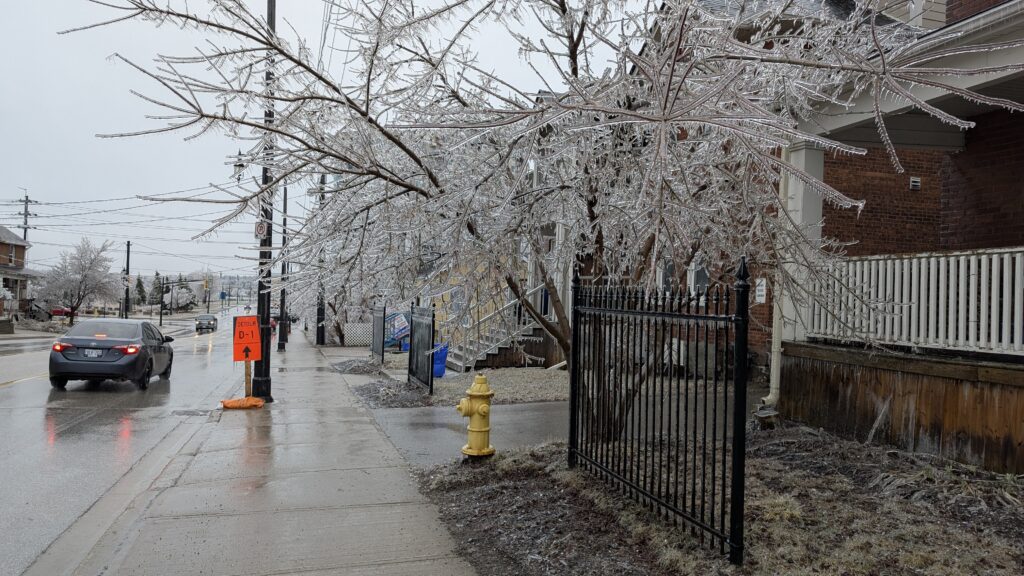In the 2021 federal election, environmental issues stood tall as the most pressing concern for Canadians. Fast-forward to 2025, and that priority has crumbled, with climate concerns falling to eighth place in the latest Vote Compass survey. What happened?
Drawing from responses of over 161,000 Canadians, Vote Compass—a tool developed by Vox Pop Labs to map public opinion—revealed a dramatic shift in the political landscape. This election, Canada-U.S. relations have dominated voter interest, with 29% identifying it as their top concern. The environment, in sharp contrast, now garners just 5%, a steep drop from the 24% it captured in 2021.
The shift isn’t without cause. Trade tensions, including tariffs and annexation threats from south of the border, have seized national attention. For Liberal supporters, U.S. relations are paramount, with nearly half prioritizing this issue. Meanwhile, Conservative voters have turned their focus to the economy, which remains the second most important topic overall, at 24%.
Environmental advocates, however, are sounding the alarm. A coalition of 128 municipal politicians recently penned an open letter urging federal leaders to prioritize climate action, warning that “later is too late.” They advocate for sweeping measures such as a national electric grid, high-speed rail networks, and the construction of two million energy-efficient homes. Yet, these urgent pleas seem to fall on deaf ears amid the political cacophony of economic and geopolitical concerns.
It’s easy to point to current events as the catalyst for this decline in environmental prioritization, but the trend perhaps signals a deeper, more troubling phenomenon. Has the climate become a less tangible threat in voters’ minds, overshadowed by immediate economic struggles and international tensions? Or is it a reflection of political fatigue, where years of climate advocacy have failed to translate into transformative policy?
Interestingly, the fall in climate priorities comes as Canada continues to experience the tangible effects of environmental crises—wildfires, extreme weather, and rising energy costs. Some might argue that the very omnipresence of these issues has dulled their urgency. Others suggest that political leadership bears responsibility, with parties across the spectrum failing to articulate compelling, actionable climate platforms that resonate with voters.
In a democracy, priorities are shaped by the collective will. Yet, the environment’s relegation in election discourse raises difficult questions: Are Canadians underestimating the long-term stakes of inaction? And how can advocates rekindle the urgency required to keep climate change at the forefront of political agendas?
While the 2025 election may not hinge on the environment, the consequences of sidelining climate issues will outlast the electoral cycle. If nothing else, Canadians must grapple with the implications of this shift—before the cost becomes irreversible.
References:
Environmental issues taking a backseat this election, Vote Compass data shows

